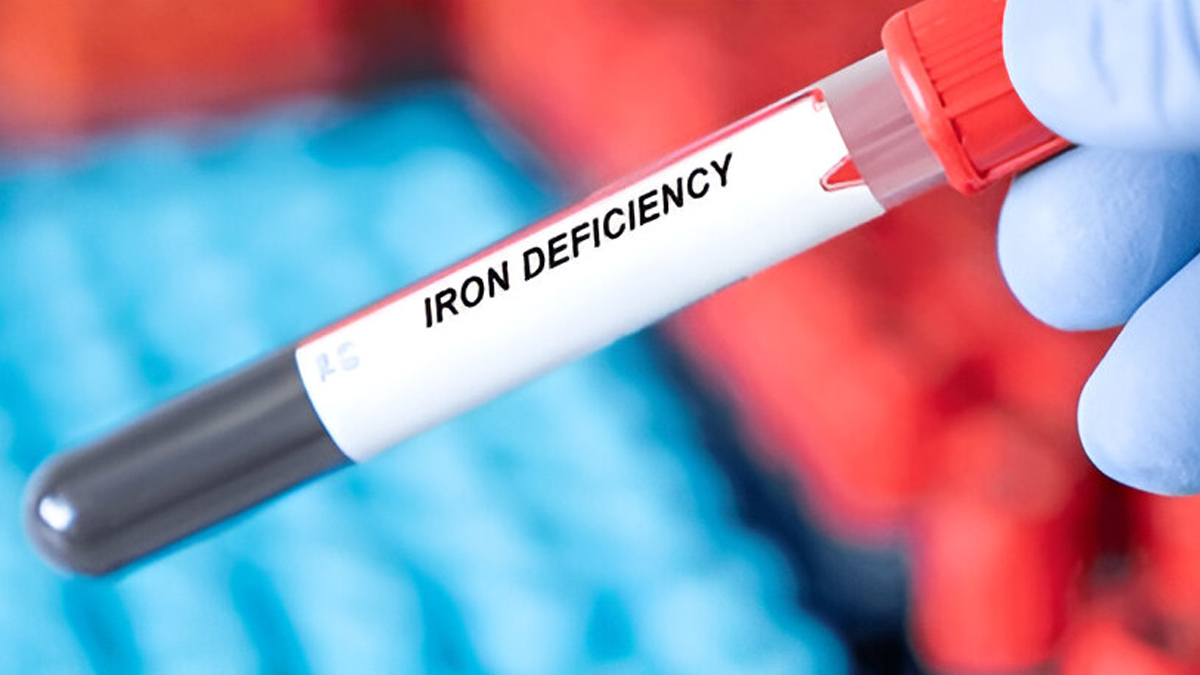
Every time a donor steps forward to donate blood, they are giving someone else a second chance in life. It's a charitable act, quiet and frequently nameless, but profoundly meaningful. This is why most individuals, once they start donating, want to carry on as long as they can. Naturally, the question arises: Can you become a lifelong blood donor? Is there any risk involved?
Table of Content:-
We spoke to Dr Govind Eriat, Consultant - Haematology and BMT Medicine, Gleneagles BGS Hospital, Kengeri, Bengaluru, who explained the limits and duration of blood donation.
Basics of Blood Donation Frequency

“In India, the normal age range for donors is 18-65, although some clinics accept repeat donors over 65 if they meet specific health standards. Many regular donors continue to donate into adulthood without issues. The key is consistent monitoring,” said Dr Eriat.
- Whole blood donation (the most usual type): three to four times each year.
- Platelet donation (by apheresis) can be performed more frequently, even every two weeks.
- Plasma donation: Up to once every two weeks in some countries, while it is not widely practised in India.
Each form of donation places various demands on the body, therefore the frequency guidelines assist donors in maintaining their health.
Also Read: Can Blood Donation Help Detect Hidden Health Conditions?
How Long Can You Continue Donating?
“Most blood banks don't have an upper age limit; as long as you're fit, you can donate up to your 60s or even older. In India, the usual age group of donors is 18-65 years old, although some clinics might take repeat donors above 65 years of age if they fulfill certain health criteria,” added Dr Eriat.
Many regular donors continue to donate well into adulthood with no issues. The key is consistent monitoring. Each donation session begins with a health check, which includes haemoglobin level, blood pressure, weight, and medical history. These screening measures are designed to protect you, the donor, and the person receiving the blood.
Is There A Limit To How Much You Can Donate In Your Lifetime?
Medically, there is no set restriction on lifetime contributions, however, there is a natural limit dictated by your health, age, and frequency of donation. For example, someone who donates whole blood four times a year for 30 years may donate approximately 120 times in their lifetime.
However, how your body responds over time is more important than the number itself. A donor may feel perfectly fine after donating for decades, whilst another may require more recovery time as they age. Regular follow-ups with your doctor can help you determine whether it is still safe to continue blood donation.
Can Frequent Donations Cause Long-Term Harm?
This is a common and valid issue. Here's everything we know:

- Iron levels: For every full blood donation, you lose approximately 200-250 milligrams of iron. Most people recover naturally through nutrition, but regular donors, particularly women and vegetarians, may develop iron deficiency over time. Regular haemoglobin checks are essential, and iron supplementation is recommended occasionally.
- Bone marrow function: The marrow replaces blood cells efficiently, even in old age, unless there is an underlying disease. Regular donations do not ‘wear out’ the bone marrow.
- Heart or kidney stress: There is no evidence that donating blood strains the heart or kidneys in healthy individuals.
In 2007, researchers analysed data from over 1 million blood donors. They reported that the subjects had a 30% lower risk of death from any cause and a 4% reduced risk for cancer development. The authors concluded that "blood donors tend to have better health than the average population.
In short, blood donation is safe when performed with accepted guidelines. However, if you find yourself particularly drained after donating, or you experience a drop in haemoglobin levels regularly, you should take a break and consult your doctor.
Also Read: Blood Donation: Myths Debunked and Benefits Explained
The Emotional Aspect of Lifelong Donation
What we often lack is the emotional resilience to be a lifetime donor. Many repeat donors express their tremendous satisfaction at having played a vital role in saving lives. It becomes part of their identity.
“However, a donor may be deferred momentarily or permanently for medical reasons. That might be disheartening, especially for someone who has been donating for many years. If that happens, remember that there are still other ways to help, such as promoting awareness, organising camps, or working at donation drives,” advised Dr Eriat.
Tips Long-Term Donors Should Follow
Here are some practical tips for long-term donors:
- Monitor your contributions: Keep track of how frequently and when you donate.
- Maintain a balanced diet: Iron-rich foods, plenty of water, and adequate rest can go a long way.
- Maintain honesty during screening: Always inform the professionals if you are ill or taking medication.
- Listen to your body: If you need to skip a session, that is fine. Your health comes first.
- Celebrate milestones: Highlight your donation milestones! If you've donated 25, 50, or 100 times, it's worth sharing.
Bottomline
So, can you be a lifetime donor? “In most cases, the answer is yes. We underestimate the human body's adaptability and resilience. As long as you stay healthy, follow medical standards, and keep informed, you should be able to continue donating for decades,” answered Dr Eriat.
“Blood donation is one of the few activities in which 15 minutes of your time might mean years of life for another person. Whether you give once or a hundred times, your donation is invaluable. And if you can do it for the rest of your life, what an incredible legacy to leave,” he concluded.
[Disclaimer: This article contains information provided by an expert and is for informational purposes only. Hence, we advise you to consult your professional if you are dealing with any health issue to avoid complications.]
Also watch this video
How we keep this article up to date:
We work with experts and keep a close eye on the latest in health and wellness. Whenever there is a new research or helpful information, we update our articles with accurate and useful advice.
Current Version
